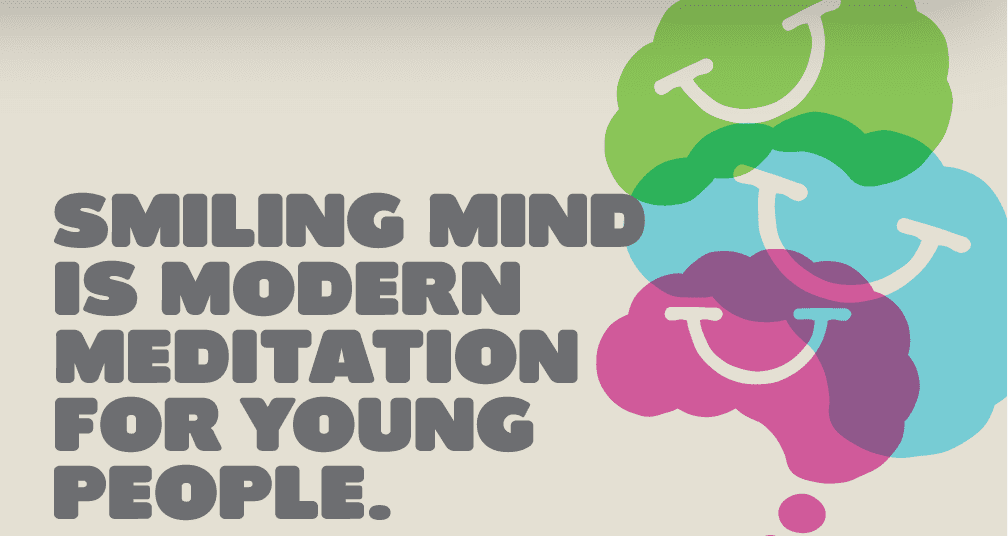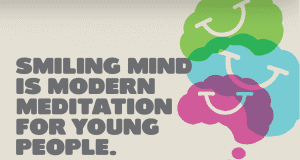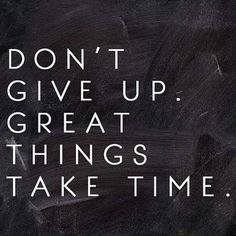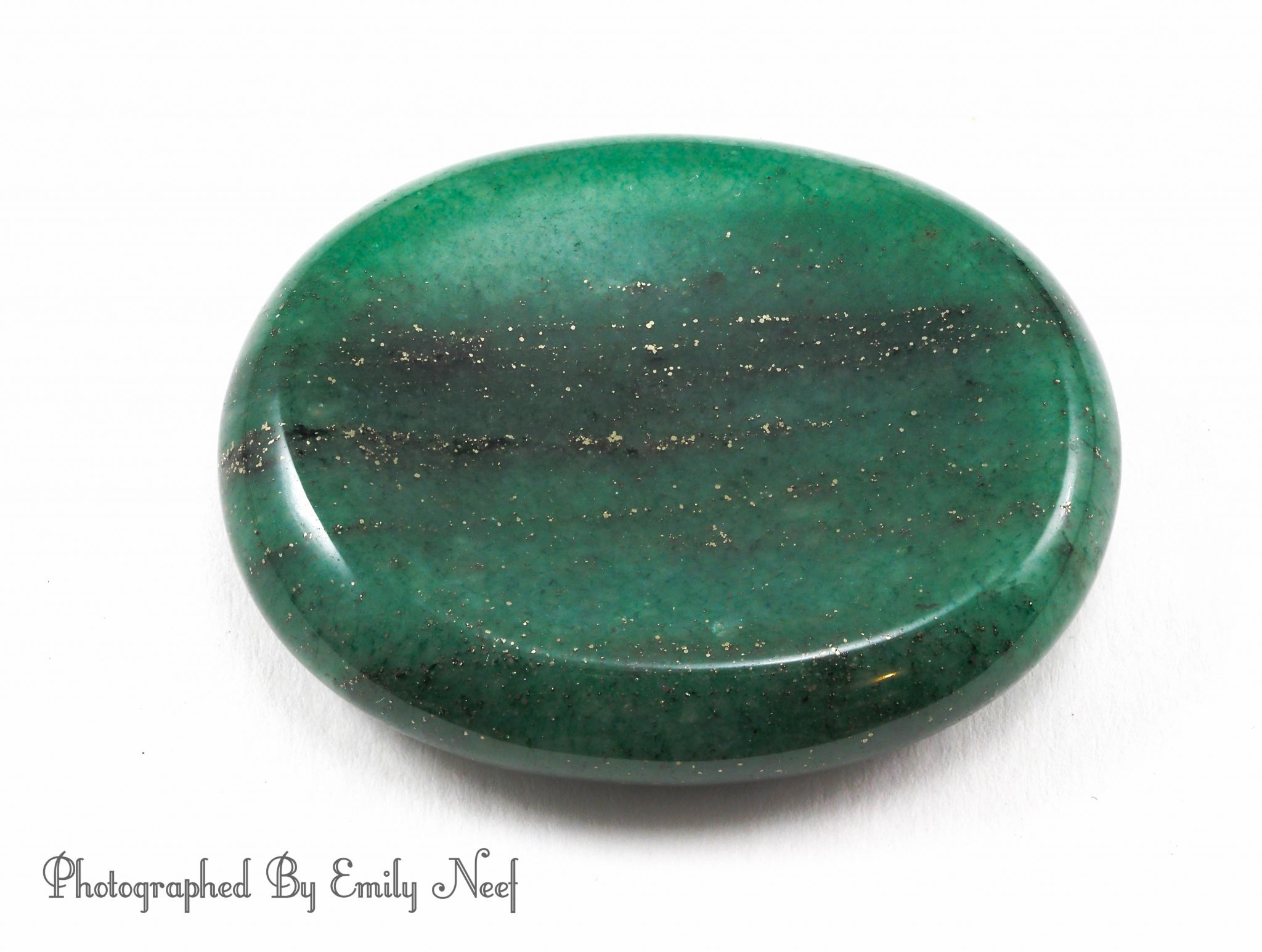
Jessica C. Levenson, Ph.D., University of Pittsburgh
We spoke to Dr. Jessica Levenson who works at the Sleep Medicine Program at the University of Pittsburgh. Dr. Jessica is a clinical psychologist who is trained in Cognitive Behavioral Therapy (CBT) and Interpersonal Therapy (IPT). She is currently specializing in psychotherapy for sleep which is focused on specific treatments that help with a variety of sleep problems like insomnia or nightmares. We interviewed Dr. Jessica to learn more about what to expect out of therapy.Dr. Jessica says that, “People usually meet once a week or once every few weeks for about an hour at a time and it is talking, but it is very purposeful talking. It’s talking about things that are related to concerns that a person is having and trying to develop a plan for problem solving or improving those areas.”
So what does that mean for you? It means that yes, it is talking, but it’s also making a plan for what you’ll do outside of your therapy time and what tools you already have in your life that can help you improve your life. Also therapy is about your goals and what is important to you.
Dr. Jessica also talked about what your first session might be like: “The therapist gets to know the client a little bit, they talk about concerns the client is having and what might be going on in their life that may be contributing to those concerns.”
Once again, this means that your therapist is going to listen to what you think you need in your life, what is bothering you and why you chose to come to therapy. Your therapist is going to ask you questions about this stuff so that they can get to know you better and help you come up with a plan for making your life better.
What about keeping confidentiality? Is my therapist going to talk to my parents about what we talk about?
Dr. Jessica says: “My preference is in terms of building a good therapy relationship with the teenager is that whatever the teenager and I discuss is confidential between me and the teenager. And that we may choose to share some things with their parent or anyone else if that seems like it’s appropriate given the therapy. But that, I wouldn’t share anything without first letting the teenager know. Now there are 2 exceptions to that, which legally I am bound by law to report. Those are if the teenager is planning to hurt themselves or if they are being harmed by somebody else. Those things do not fall under the cover of confidentiality. Because the most important thing is the persons safety.”
But I’m nervous and embarrassed!
Dr. Jessica says that it’s 100% normal to be nervous about your first session, or even later sessions. How would you know what to expect if you’ve never done something before? Your therapist is there because they want to help and they are open to hearing almost anything that’s on a person’s mind. Because no matter how embarrassing it may seem or how nervous you are about it, if it’s going to help you get better than it’s relevant!
It’s totally normal to be hesitant to anxious about considering therapy, but that usually goes away once you actually meet the person you’re going to be talking with, but therapy is definitely a useful tool to have in your life!


















Recent Comments